Hair, often referred to as our crowning glory, is not just a feature of aesthetic importance but also a reflection of our overall health. As a dynamic feature of human anatomy, hair undergoes various transformations throughout a person’s life. Behind these changes lies the intricate interplay of hormones within our bodies, governing processes from hair growth to its texture and thickness. From the tumultuous adolescent years of puberty to the transformative phases of pregnancy and menopause, hormonal changes can significantly affect the health and appearance of our hair.
But before you take the step to undergo an FUE hair transplant procedure, it may be best to understand the role hormones play in hair health. In this article, we dive deeper into the fascinating interplay between hormones and hair health, exploring the various stages of life and their unique impacts.
The onset of hormonal surges in puberty
Puberty marks a crucial period in life where hormonal surges, particularly the rise in androgens like testosterone, contribute significantly to the development of secondary sexual characteristics. However, these hormonal fluctuations also impact the hair. Increased androgen levels can lead to the stimulation of sebaceous glands, resulting in heightened oil production. The excess sebum, in turn, can contribute to conditions like oily scalp and acne, affecting the overall health of the hair follicles.
Research indicates1 that androgens influence the hair growth cycle, specifically by shortening the anagen (growth) phase and lengthening the telogen (resting) phase. This alteration in the hair cycle can contribute to hair thinning and increased shedding during puberty.
Hormonal fluctuations and hair changes in pregnancy
Pregnancy is another phase where hormonal changes are notably pronounced, with fluctuations in oestrogen and progesterone levels. While many women experience an improvement in their hair’s texture and thickness during pregnancy due to elevated oestrogen levels prolonging the anagen phase2, postpartum hair loss is a well-documented phenomenon.
Termed telogen effluvium, this temporary hair shedding2 occurs in the months following childbirth as hormone levels return to pre-pregnancy levels. Understanding these hormonal dynamics is crucial for expectant mothers, providing insight into the transient nature of postpartum hair changes.
Oestrogen decline and hair thinning during menopause
As women approach menopause, hormonal shifts, particularly the decline in oestrogen levels, become prominent. Oestrogen plays a vital role in maintaining the health and thickness of hair. Its reduction during menopause can lead to an imbalance with androgens, contributing to conditions such as androgenetic alopecia in women.
Studies suggest3 that hormonal replacement therapy (HRT) may help mitigate the impact of oestrogen decline on hair health during menopause. However, individual responses to HRT can vary, highlighting the importance of personalised approaches in managing hormonal influences on hair.
Hormonal imbalance and hair issues in Polycystic Ovary Syndrome (PCOS)
Polycystic ovary syndrome (PCOS) is a common endocrine disorder characterised by hormonal imbalances, including elevated androgens. Women with PCOS often experience hirsutism4, a condition marked by excess hair growth in areas where men typically grow hair, and alopecia, which involves hair thinning or baldness.
Managing hair issues in PCOS involves addressing the underlying hormonal imbalances. This may include lifestyle modifications, such as exercise and dietary changes5, alongside medical interventions aimed at regulating hormone levels.
Conclusion
At Angeline Yong Dermatology, we recognise the multifaceted relationship between hormones and hair health. Dr Angeline Yong, with her extensive experience and commitment to evidence-based practices, offers comprehensive diagnostic evaluations and personalised treatment plans. Whether you are navigating the hormonal fluctuations of puberty, pregnancy, menopause, or dealing with conditions like PCOS, our team is dedicated to helping you understand and manage the impact of hormones on your hair health.
For a journey towards healthier, more resilient hair, regardless of life’s hormonal transitions, contact our dermatology clinic for a consultation with Dr Yong today! Additionally, our clinic provides comprehensive services, including skin cancer screening in Singapore, ensuring holistic care for your dermatological needs.
References
Ho, C. H., Sood, T., & Zito, P. M. (2022, October 16). Androgenetic Alopecia. National Library of Medicine. https://www.ncbi.nlm.nih.gov/books/NBK430924/
Gizlenti, S., & Ekmekci, T. R. (2014). The changes in the hair cycle during gestation and the post-partum period. Journal of the European Academy of Dermatology and Venereology : JEADV, 28(7), 878–881. https://doi.org/10.1111/jdv.12188
Davis, S. R., & Tran, J. (2001). Testosterone influences libido and well being in women. Trends in endocrinology and metabolism: TEM, 12(1), 33–37. https://doi.org/10.1016/s1043-2760(00)00333-7
Witchel, S. F., Oberfield, S. E., & Peña, A. S. (2019). Polycystic Ovary Syndrome: Pathophysiology, Presentation, and Treatment With Emphasis on Adolescent Girls. Journal of the Endocrine Society, 3(8), 1545–1573. https://doi.org/10.1210/js.2019-00078
Lim, S. S., Hutchison, S. K., Van Ryswyk, E., Norman, R. J., Teede, H. J., & Moran, L. J. (2019). Lifestyle changes in women with polycystic ovary syndrome. The Cochrane database of systematic reviews, 3(3), CD007506. https://doi.org/10.1002/14651858.CD007506.pub4


